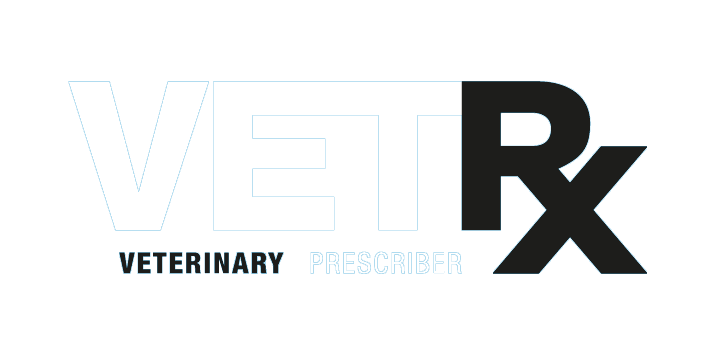Veterinary medicines information for vet professionals
Veterinary Prescriber's subscribers have access to an independent evidence-based veterinary medicines information service.
What is a veterinary medicines information service?
You might well be used to contacting the technical information department of a pharmaceutical company to ask a question about a medicine, or consulting the Veterinary Medicines Directorate Product Information Database or NOAH Datasheet Compendium for assistance. But what if the question is not about a specific brand of veterinary medicine? That's where we can help.
A medicines information service for the veterinary profession
An independent veterinary medicines information service might seem like a new concept, but doctors in the National Health Service (NHS) in the UK have had access to an information service for decades. In the NHS, the highly-developed medicines information service is part of the pharmacy provision, and is run by pharmacists who have specialised in medicines information.
Andrea Tarr (Veterinary Prescriber's founder and director) became a medicines information specialist early in her pharmacy career, first managing a NHS hospital-based medicines information service in Wales before moving into industry as a medicines information advisor for a major pharmaceutical company.
In her NHS role she answered queries about medicinal products from doctors, nurses and pharmacists, and the general public, and supported the local drug and therapeutics committee with their policy decisions on medicines use. In industry, she answered questions about the companies' products from healthcare professionals and members of the public, supported the marketing and sales departments, and ensured that promotional material was accurate and complied with advertising regulations (as an ABPI signatory).
What does a veterinary medicines information specialist do?
A medicines information specialist is skilled in locating, assessing and interpreting the disparate information on medicines (see the image) and converting it into useable, understandable evidence-based advice to improve the care of patients.
What resources do we use?
We don't want to repeat useful work done by others, so a response might be a matter of signposting to resources that are already available. If the information is not already available, we do a systematic search of different types of resources (some of which are free, and some we pay for). Obviously, the resources we search depend on the nature of the enquiry, but they may include any of the following:
Veterinary formularies: e.g. BSAVA Small Animal Formulary, Plumbs.
SPCs/datasheets (veterinary medicines): the Veterinary Medicines Directorate product information database, NOAH Compendium, EMA, FDA.
SPCs (human medicines): electronic Medicines Compendium, Medicines and Healthcare Products Regulatory Agency.
General and specialist veterinary and pharmacy references
Secondary sources: RCVS Knowledge, BestBets for Vets
Databases: PubMed, Discovery, VetMedResource
Regulatory sources: Veterinary Medicines Regulations, VMD notes on regulations, Home Office Controlled Drugs legislation.
How we formulate a response
When the search is done, we collate the findings. Search results and information on their own are often unhelpful. The added value of the veterinary medicines information service is that we interpret and critically appraise the information and present it in the context of clinical practice and the relevant regulations. We present a fully researched and referenced written response.
Often the answer is straightforward. Sometimes it involves presenting pragmatic solutions that balance best practice with practical advice. Sometimes there is no straightforward answer: there might be several potential options, each with pros and cons, which can help the enquirer make a decision.
Types of queries
The queries we deal with can range from basic to highly complex. The subjects that we provide support with can include the following:
Identifying alternative products
Use of human authorised medicines
Comparing treatments and choice of therapy
Use of unauthorised medicines and off-licence use of authorised medicines
Medicines storage
Patient-specific queries
Adverse effects
Interactions
Some people use the service because they don’t have the time or the resources to research the answer themselves. Others might just want to check, and confirm or be reassured that the conclusion they’ve reached on their own is correct.
Who can access the services?
You have free use of Veterinary Prescriber's veterinary medicines information service if you have an individual subscription, or have an account through a practice subscription.

